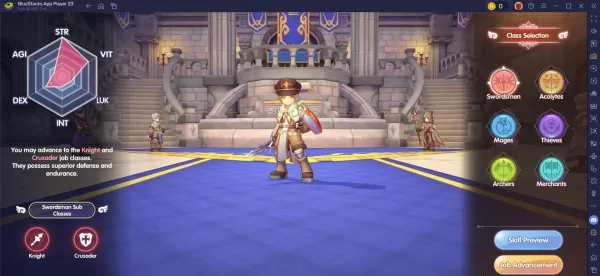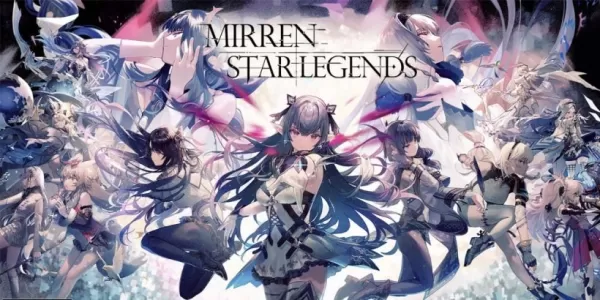
The "AAA" label in game development is losing its relevance, according to many developers. Initially signifying massive budgets, high quality, and low failure rates, it's now perceived as a marker of profit-driven competition that often sacrifices innovation and quality.
Charles Cecil, co-founder of Revolution Studios, calls the term "silly and meaningless," a relic of a period when increased publisher investment negatively impacted the industry. He points to the protracted and ultimately unsuccessful development of Ubisoft's Skull and Bones, initially billed as a "AAAA" title, as a prime example of the label's irrelevance.
Criticism extends to major publishers like EA, frequently accused by players and developers alike of prioritizing mass production over audience engagement.
Conversely, independent studios are increasingly producing games that resonate more deeply than many "AAA" titles. The success of games like Baldur's Gate 3 and Stardew Valley highlights the primacy of creativity and quality over sheer budget.
The prevailing belief is that a profit-first mentality stifles creativity and risk-taking, resulting in a decline in innovation within large-scale game development. A fundamental shift in approach is needed to recapture player interest and inspire a new generation of game creators.


 LATEST ARTICLES
LATEST ARTICLES 











